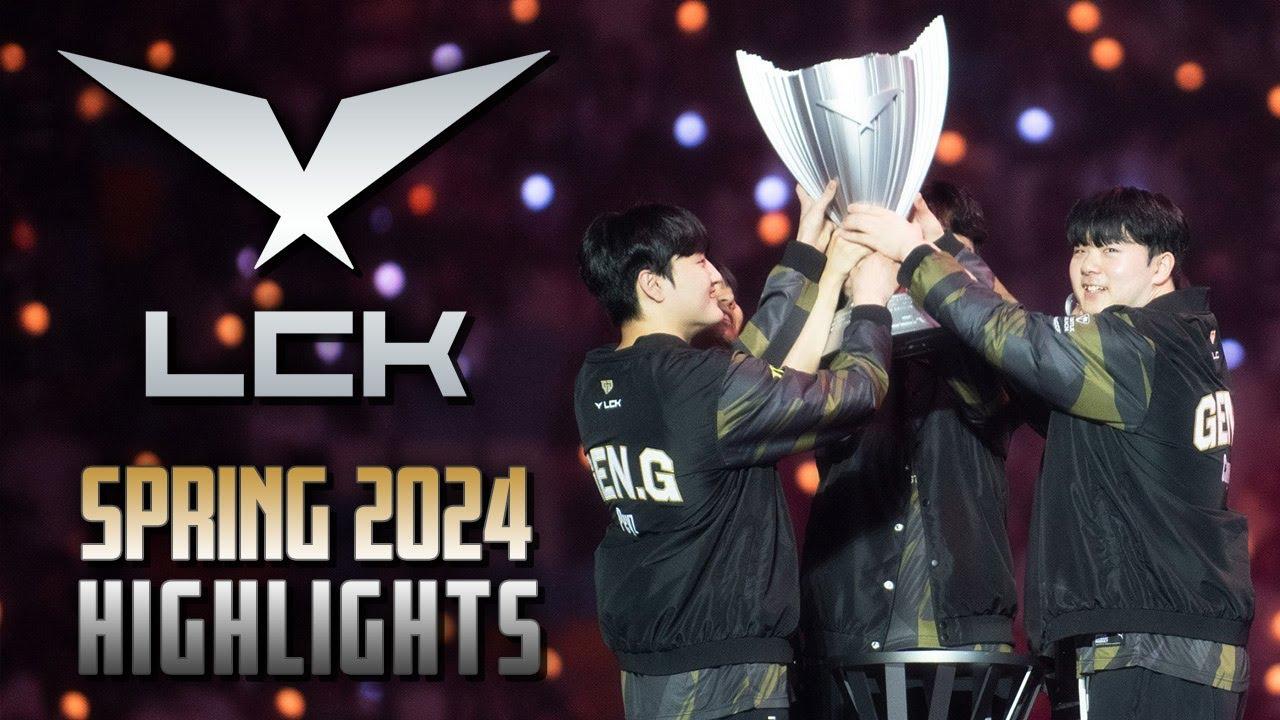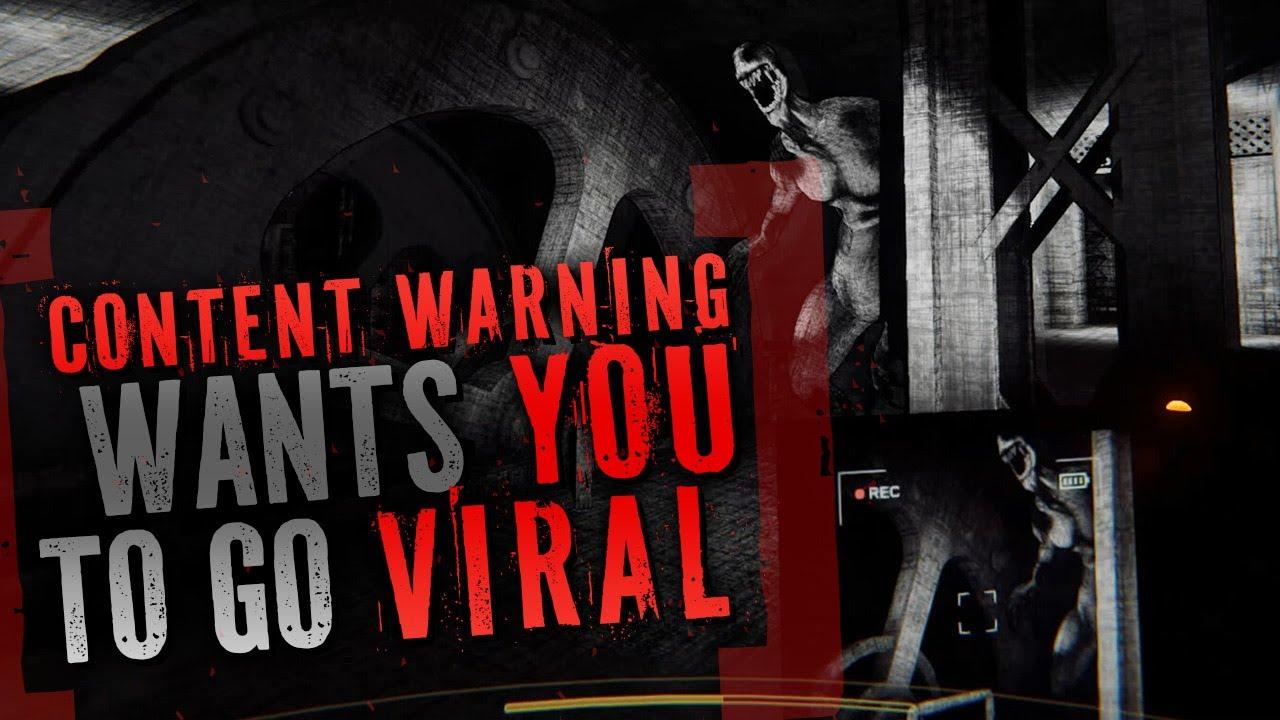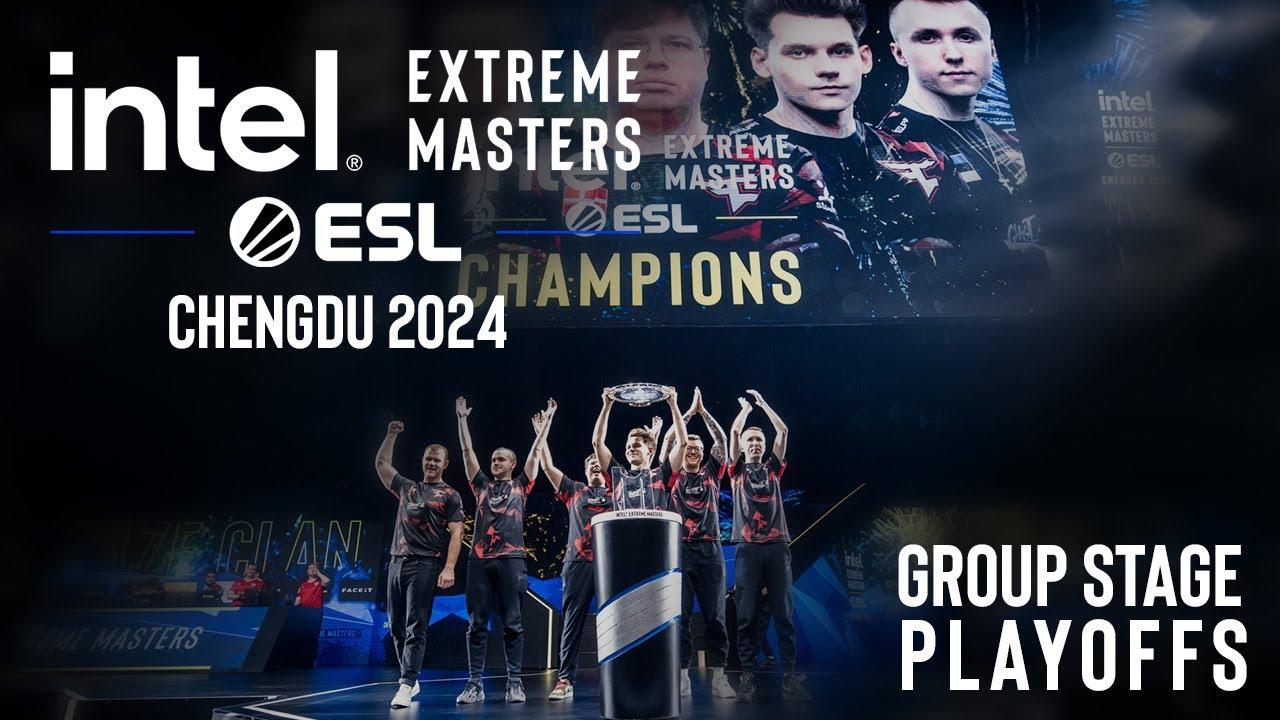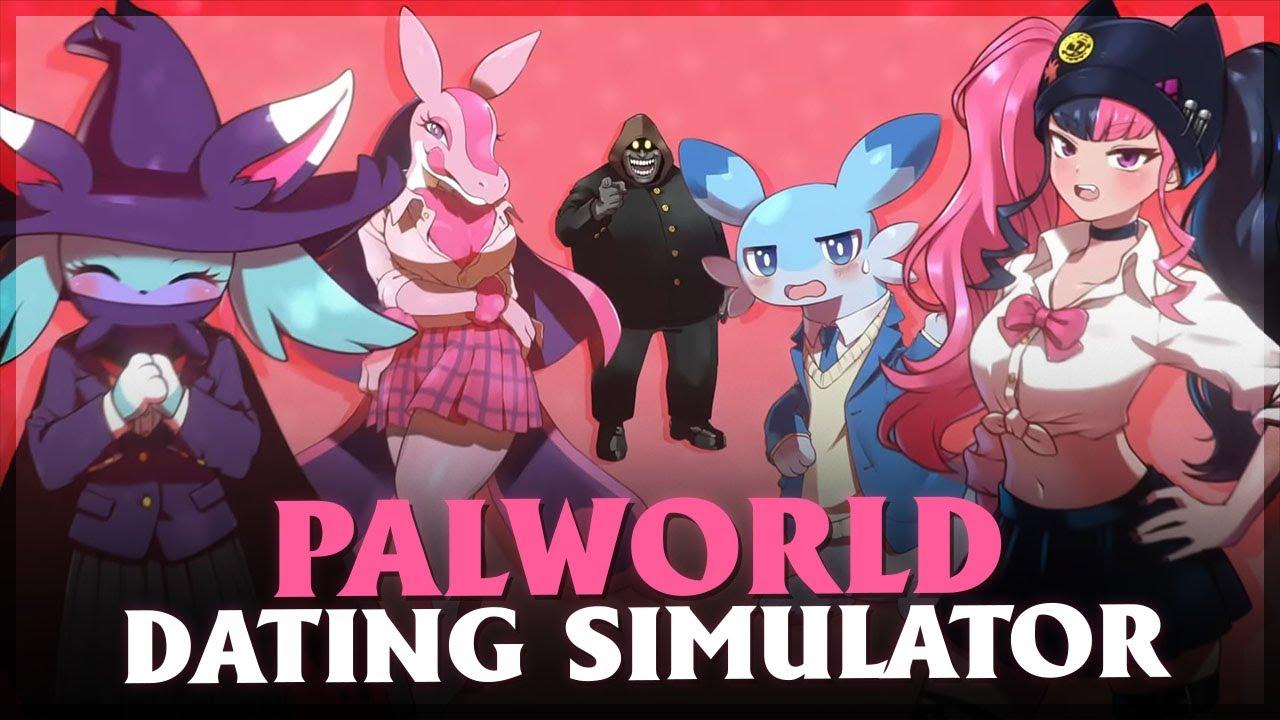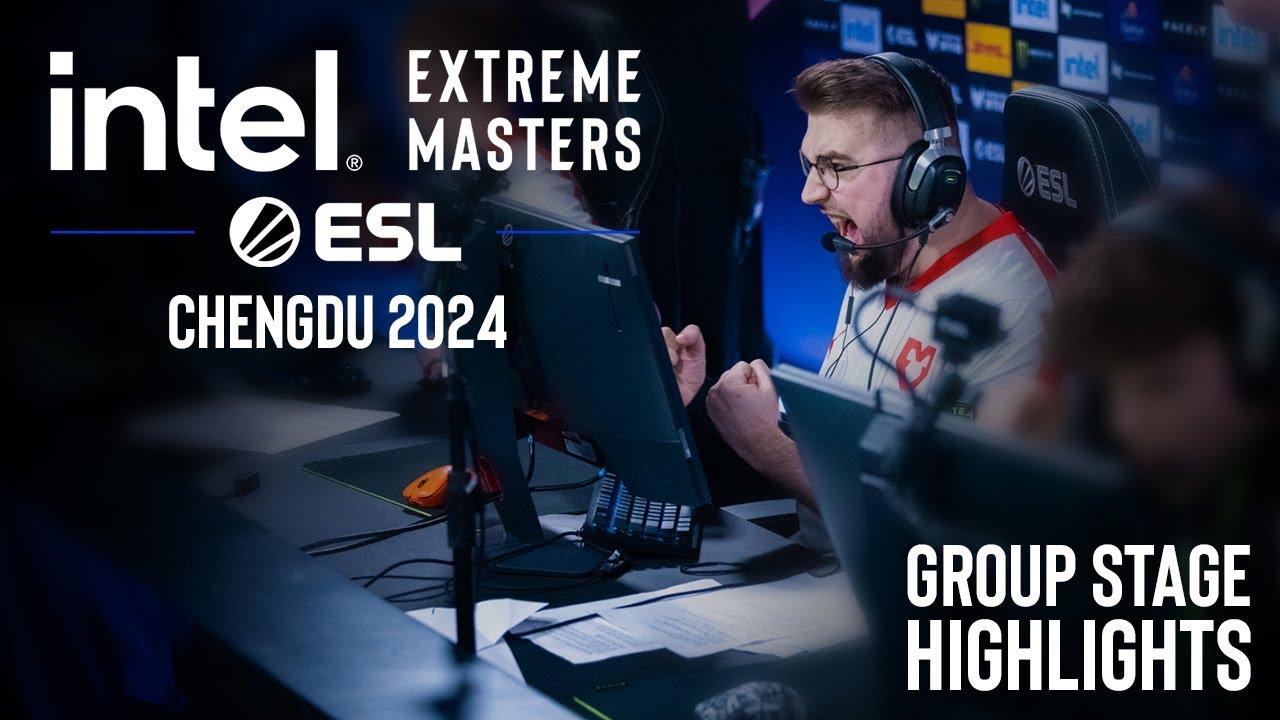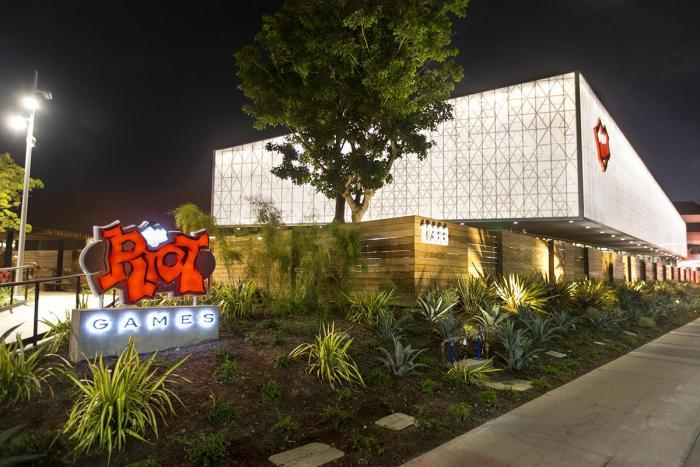
Riot Games struggles with sexism, harassment, and identity
While Riot Games has dedicated itself to battling in-game “toxicity” in League of Legends, the famed developer is having a difficult time confronting similar behaviors at its own workplace.
Toxicity is commonly referred to in the gaming community as actions that create an unhealthy environment for other players. Riot Games actually popularized the term as a response to consistently negative player behaviors in its game. As Riot has made a very public effort to protect League of Legends players from harassment, a growing number of women say that the company brushes over just that sort of behavior when it is directed at the company’s own staff.
One such individual is former Riot employee Kristen Fuller, who published a blog post detailing her accusations. Fuller describes how female Riot employees were regularly harassed by their male coworkers and have been denied equal pay and opportunities for promotion. She wrote on Twitter that some of these instances went as far as to include sexual harassment and molestation.
“Multiple women confided in me about being sexually harassed at work. About their asses being slapped, being groped at parties, or being raped at Riot events. At first it was shocking. Then it became standard,” Fuller said.
Fuller isn’t alone in making such claims. Former Riot employee Meagan Marie published a post on Tumblr that documented her own experiences at the company. She described how male colleagues regularly made rape jokes, dismissed female perspectives during development meetings, and referred to female coworkers in derogatory terms.
Marie was the sole woman on her team at the company, prompting a senior staff member to repeatedly refer to the team as “Bros and Ho.”
The concept of workplace sexual harassment seems to have been treated with little concern at Riot. Former Riot artist Katie De Sousa, who designed the splash arts for such champions as Jinx and Fiora, wrote her own Tumblr post in which she recalls witnessing this sort of behavior.
In one particular case, De Sousa describes overhearing a group of Riot employees talking about a woman who had received inappropriate text messages from a leader at the company. One of the men in the group laughed it off, claiming that the woman “liked the attention.”
Senior members of staff seem aware of many of these occurrences, but often treat them dismissively. Former employee Jessica Negron stated that her supervisor once told her that “diversity should not be a focal point of the design of Riot Games’ products because gaming culture is the last remaining safe haven for white teen boys.”
While gaming culture might once have been male-dominated, today’s gaming world is much more evenly distributed between men and women. A 2017 report by the Entertainment Software Association (ESA) lists female gamers 18 years and older as outnumbering male teenage gamers.
The belief of Negron’s supervisor may instead be a personal projection of what he and some others at the office believe gaming culture should still represent: A place where men like themselves can safely engage in misogynistic behavior.
Kotaku kicked off much of the current controversy around Riot by publishing a journalistic investigation that shined a spotlight on the culture of sexism and discrimination at Riot Games. It was after the article’s publication that many women came forward with their own experiences had while working for the company.
The situation has continued to build since then, and now Riot Games faces a class action lawsuit from two of the women affected. Accusations include obstructing women from advancing into leadership positions, promoting a sexist work environment, and sexual harassment and molestation in the workplace.
The plaintiffs, Jessica Negron and Melanie McCracken, are demanding compensation for damages and unpaid wages. The pair also hope to end Riot’s practice of “creating, encouraging, and maintaining a work environment that exposes its female employees to discrimination, harassment, and retaliation on the basis of their gender or sex.”
The company has been scrambling publicly to safeguard its reputation, but some have questioned whether these efforts have been enough given the gravity of the accusations.
Riot issued a public apology on August 29, a full three weeks after the publication of the Kotaku investigation. The statement assured readers that the removal of misogyny from the Riot Games workplace was a top priority. The press release went on to state that “inclusivity, diversity, respect, and equality are all non-negotiable.”
Riot hired outside law firm Seyfarth Shaw to investigate the allegations. Since then, Riot has quietly removed several employees who abetted in creating an unhealthy work environment.
One particularly significant Riot employee to be identified during the investigation was company executive Scott Gelb. Riot’s chief operation officer is alleged to have repeatedly participated in workplace harassment including instances of humping and farting on fellow employees.
Gelb’s situation is unique not only for being the only employee thus far whose case has been made public, but also for his being a member of Riot’s senior staff.
The COO’s punishment could be considered light given the accusations leveled against him and the broader issues at the company. Gelb was given a two-month suspension during which he would undergo unspecified training. He would then be allowed to return to the company and to his position with no further punishment.
Riot Games’ press release stated that “no one and nothing is sacred” when it came to rooting out accused behaviors, but the company’s handling of Gelb may say otherwise.
CEO Nicolo Laurent emailed Riot Games company employees shortly after Gelb’s suspension. Laurent claimed that many of the allegations against Gelb that had been reported were false, and encouraged employees to support the COO during his suspension and to look forward to his return.
The tone of the message struck many as one concerned more with protecting Gelb than holding him or other members of leadership accountable.
“I will root for him, will support him through this journey, and will leverage him as a great leader when he returns next year. I hope you will join me,” Laurent said.
The subject line of an email sent out to staff at Riot’s Los Angeles office by an anonymous female employee following the company’s public apology was simple: “That was not enough for me.”
Riot then staged a conference at gaming expo PAX West that revolved around outreach to current and prospective female and non-binary employees. Men were excluded from the panel, prompting an uproar on the League of Legends Reddit page where a number of users decried the panel as being sexist towards men.
Riot employee and advocate for gender diversity David Klein took to Twitter to defend the essentiality of the panel. The ensuing debate became heated as Klein referred to angered users as “manbabies” and chided upset League fans for their views on sexism.
Klein was fired from the company soon after.
The reason given by Klein for his removal was his “violating [Riots’] social media policy,” but Riot hasn’t given a reason of its own. The expulsion stands in contrast to the way Riot handled Scott Gelb’s transgressions. The company proved willing to quickly remove an employee for aggravating the League of Legends fan base through social media, while only giving a relative slap on the wrist to a member of company leadership who has been accused of harassment against his own employees.
League of Legends’ staunch opposition to inappropriate and toxic behavior in-game is evidently at odds with Riot’s own workplace behavior. Riot Games’ disciplinary system was created to punish players who exhibited cruel behaviors including insults, harassment, or offensive language directed at other players, and hate speech including homophobia, sexism, racism, and ableism. A player is punished after multiple occurrences of such harassment, and repeat offenders may be banned from the game entirely.
Riot’s earnest enforcement of its online code now seems more reliable than the company’s willingness to protect its own employees, particularly women.
Recommended
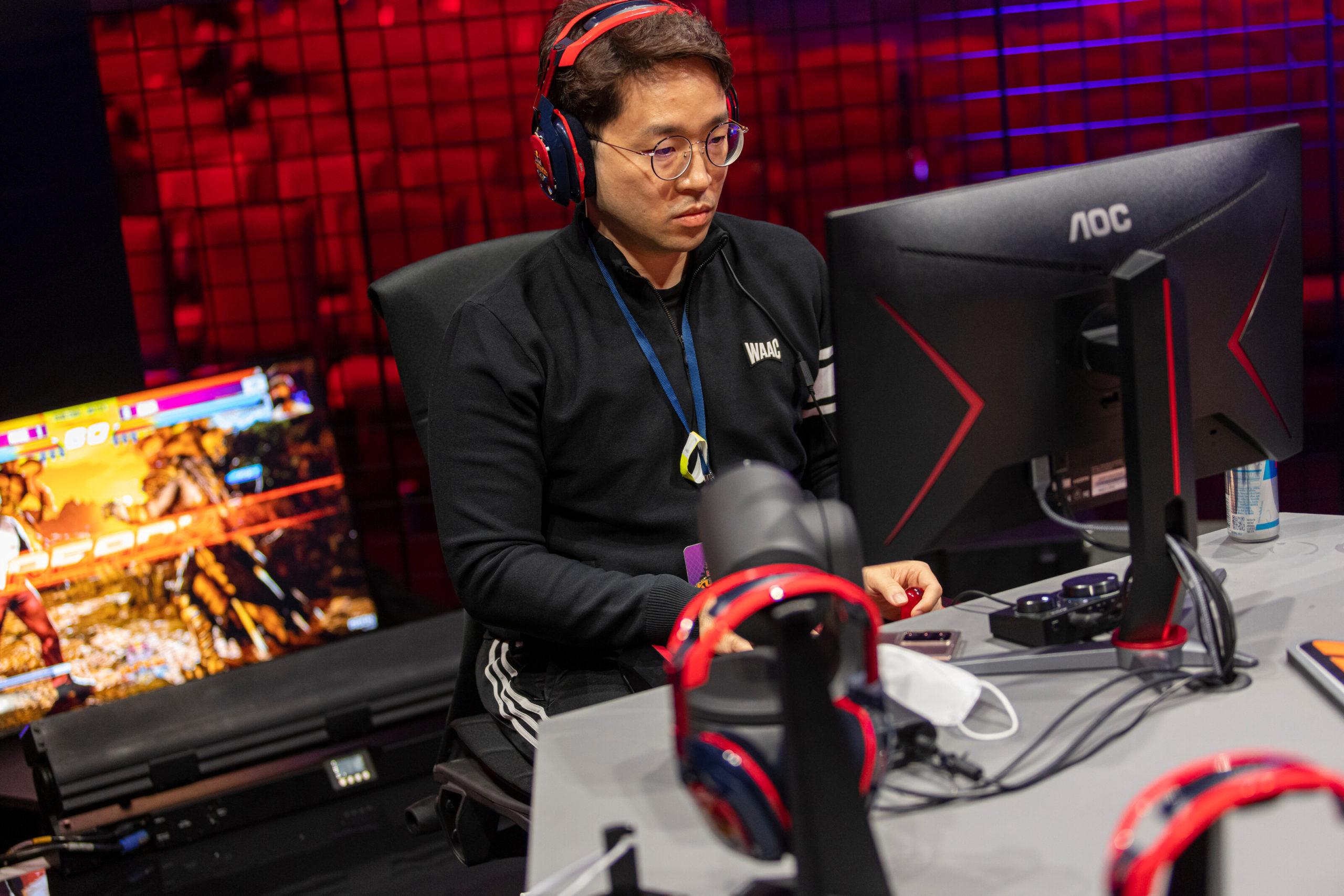
Tekken pros argue if Tekken 8 is a good game or nah
Is Tekken 8 too aggressive for the OGs?
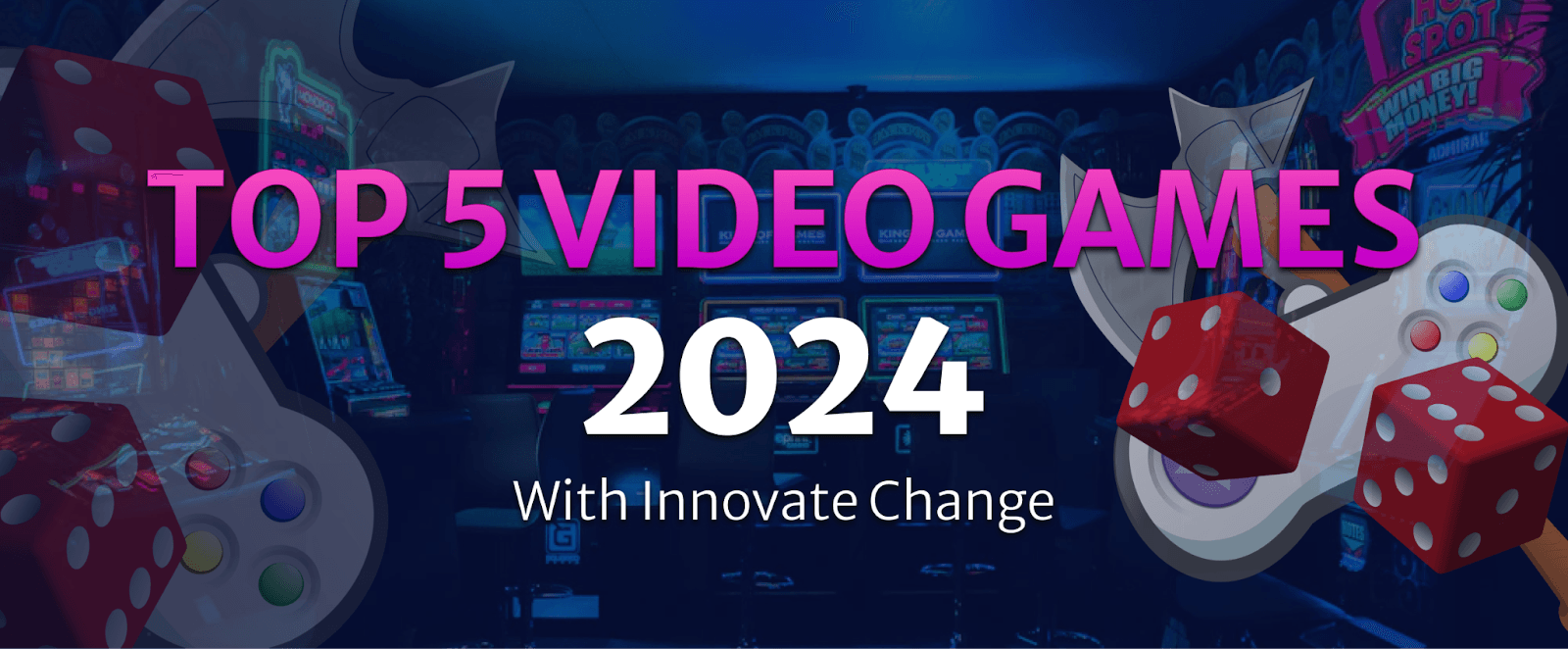
Innovate Change: Discover 2024’s Top Five Video Games with Innovate Change
Innovate Change’s team has carefully selected the most exciting titles that are sure to impress...

